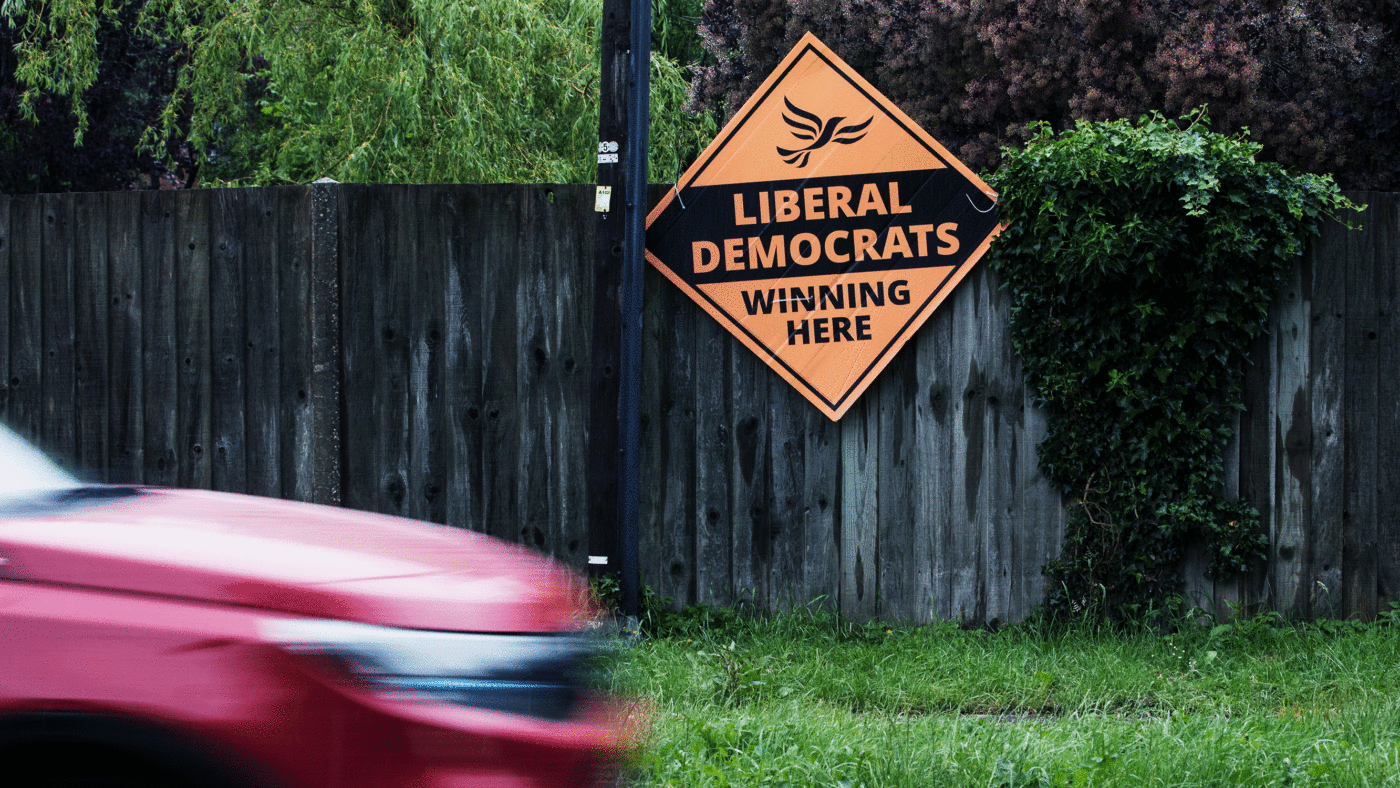Another very popular feature of online usa casinos is the use of credit card details. Most credit card details are handled securely on secure grand fortune casino no deposit bonus and details such as account number and credit card number are encrypted when they are transmitted to the payment gateway. Thus online payment processing is done with complete confidence, both during payments and transactions.
Tory MPs keen to kill off the Government’s Planning Bill may be rubbing their hands with glee following last week’s by-election result, but Nimbyism and anti-HS2 sentiment weren’t the only reasons the Tories lost in Chesham & Amersham.
To listen to Lib Dems who have spent the last few weeks knocking on doors in leafy Buckinghamshire, the return of the ‘nasty party’ image is also costing the Government votes. As one Lib Dem activist, Bridget Fox, tweeted: “This is an area where there’s a big annual Christian Aid fundraiser, people unhappy about cuts to international aid.”
“If the Conservative Govt continues to pursue nasty party policies while taking educated Home Counties for granted, we can expect more election upsets to come,” she added.
Only two days before Thursday’s shock result, Lib Dem MP Layla Moran raised the same issue with Foreign Secretary Dominic Raab in the Commons. She recounted speaking to “lifelong Conservative voters” in the constituency who were “angry that the Government have broken their promises to them and the world’s poorest”.
“Does the Secretary of State agree with them that, if someone wants to send a message to the Government on cuts to the aid budget, they should vote Lib Dem?”, Moran asked. Mr Raab said he didn’t think they would be “daft enough” to do that. But do that they did.
It’s not just Lib Dems making this point, of course. There are plenty of Conservative MPs who are fiercely opposed to the U-turn on aid spending. And in a focus group in Raab’s own Surrey constituency of Esher and Walton, one Tory voter, Les, when shown evidence of the impact of the aid budget cut was left unimpressed by the Government’s policy: “Changing laws to suit you doesn’t quite smell right. This little bit of cutting foreign aid isn’t going to get the country through.”
If the Government wants to shore up its so-called ‘Blue Wall’ of southern seats, it should start by reversing the counter-productive aid cuts, rather than watering down or junking the planning reform we so desperately need. Not only was keeping the 0.7% aid commitment a manifesto promise, cutting it is bad politics.
The calculation is, presumably, that the move will be popular with Red Wall voters. But polling from the Coalition for Global Prosperity suggests that idea is misplaced. They surveyed Red Wall voters who had switched to the Tories in 2019. Of the group, 89% had voted for Brexit. A third supported the UK helping others overseas, a third opposed, while a third were undecided. However 80% of them support the statement that Britain should be a force for good in the world, and agreed that helping the world’s poorest people is the right thing to do.
Former International Development Secretary Andrew Mitchell has described the idea Red Wall voters don’t care about the plight of the world’s poor as “insulting”.
It’s hard to avoid the conclusion that cutting foreign aid is a vote loser in the south and will gain the party little in the north, so it’s no surprise that the Government is facing a growing backlash from its own MPs. It’s also noteworthy that the critics include the likes of Theresa May and Mitchell, not known for their rebellious tendencies, but who have seen the benefit of UK aid first-hand as Prime Minister and Development Secretary respectively. It’s an issue has also brought together unlikely bedfellows, including former Brexit Secretary David Davis, pro-European Jeremy Hunt, libertarian Desmond Swayne and One Nation Tory Damian Green, who together represent a broad range of the Conservative coalition.
Remember too, just how little fiscal impact the aid cut will have. It equates to spending 99.5% of national income on ourselves, rather than 99.3%. But though it might not have much effect on our public finances, that sliver of our national wealth does huge good around the world, and strengthens Britain’s standing on the global stage.
And on the domestic front, if sticking to 0.7% can help win back hearts and minds in the ‘blue wall’, allowing the Government the political space to address our crippling housing shortage, then it will have more than paid for itself.
Click here to subscribe to our daily briefing – the best pieces from CapX and across the web.
CapX depends on the generosity of its readers. If you value what we do, please consider making a donation.


